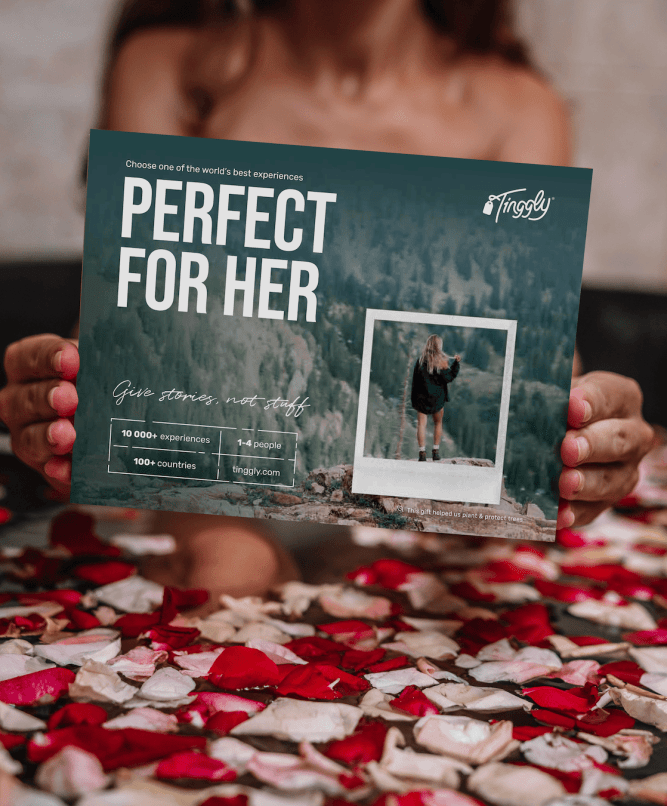I honestly can’t tell you how much the flight cost. I don’t remember where I was sitting, or what I ate. Did I toss and turn for the whole twelve hours? I don’t remember.
What I clearly remember is the leopard resting in the tree by the river.
I remember it was Sumoro who had seen him first. How he spotted him, I have no idea. I can still feel the young Samburu guide’s long fingers touching me lightly on the shoulder. We stopped. He pointed upwards with the tip of his spear. He gestured with his eyes. I knew what he meant even without words.
The leopard was draped along the branch of a leafy sausage tree. The speckled sunlight diffused by the foliage almost camouflaged his presence. He took no interest in our arrival. He stretched his long powerful legs, opened his mouth, and yawned.
I can still picture the surprising redness of his tongue. The amber yellow of his eyes. And the ribbon of saliva which dripped from his lips. I remember every tiny detail of the whole experience as it replays in slow-motion in my memories.
Trust the science – Experiences make you happy
It’s moments like these which are the divide between material things and the experiences of life.
Of course, you can buy the moment. Pay for it with hard cash. Your flights, your meals, your transport, and accommodation. The fee for your guide. The clothes on your back. The camera you use to capture the moment. All that can be paid for.
But, the one thing you can’t pay for is the thing which remains with you for the rest of your life. The experience.
And it’s not just me who thinks like this. Thomas Dashiff Gilovich, a professor of psychology at Cornell University, is in total agreement.
Professor Gilovich returns to a common theme again and again. In a paper he co-authored on the subject, his findings demonstrate that people overwhelmingly prefer ‘experiential purchases’ rather than ‘material purchases’.
To put it simply, his findings are that experiences tend to bring people more happiness than possessions. Through his research, Professor Gilovich found that when choosing gifts for family and friends, we should gift experiences rather than material possessions.
But not everyone may be convinced.
Many people are of the opinion that spending their hard earned money on an experience is never a wise investment. They may advocate that those material possessions are a commodity worth investing in, a tangible asset, a saleable object.
However, according to Professor Gilovich, as humans, we remember experiences long after the event has passed, whereas we soon become used to our material possessions, which quickly lose their appeal. In other words, you get bored with them.
Nobody wants to hear about your stuff, they want to hear about your experiences
Also, according to the Professor, we enjoy the anticipation of having an experience more than the anticipation of owning a possession.
Sure, you may be really excited about owning a new sports car, but the experiences of where the car took you, rather than the car itself, will last a lot longer – and make for far better stories.
You may get a new table, a new sofa, or a new air-conditioning unit for your house, but nobody really wants to hear about them.
Your family, friends, and the people who matter would far prefer to sit around the table sharing a meal. They would most likely prefer to lounge on your sofa and enjoy an engaging conversation. And the experience of a cool house during a hot summer is far more valuable as an experience, than as a commodity.
We’ve been trained to buy, and we don’t care
Somewhere along the way advertisers and marketing gurus found humanity’s weak spot. The urge to be happy through the ownership of material things.
We were conditioned by these gurus to believe that we can’t possibly be happy unless we’re buying things we think we need. The newest telephone, the fastest computer, the most stylish handbag, the $700 sneakers, the list goes on…
Sure, we get our new commodity. We’re happy. We tell people about it. And then the newness fades. The story is no longer interesting. It’s time to upgrade once again, time to buy more things.
But, this constant yearning to have the newest, the fastest, the shiniest doesn’t really make us happy.
Only experiences, whether during the process of enjoyment, or even the memory of that enjoyment makes us truly happy. The experience can be dusted down, taken out as a memory, and enjoyed wherever and whenever we need it.
Remember that great feeling of giving?
Giving a well-appreciated gift can also make us happy.
When we see the look on the recipient’s face and understand their real appreciation and happiness, it gives us a warm feeling.
We know we’ve done something good, and we like that feeling. We like to be appreciated.
Giving gifts that people can really connect with; travel, adventure, experience, new places, and new sights, has taken on a whole new life. Finally, people are beginning to walk away from the need for materialistic pleasures. They’ve realized that time well spent, in the right company, is much more important than the fleeting feeling of consumerist happiness.
And there’s something else
Learning new skills, understanding new concepts, hearing new stories, interacting with new cultures, or tasting new foods feeds our minds with stories. These stories make us richer, they increase our value, in a very real and meaningful way.
Back to the leopard in the tree
I have told the story of the leopard in the tree many times to many people. I’ve described the slow flowing sludge of the Ewaso Ng’iro river, the smell of the arid Kenyan air, the silence with which my guides moved through the bush, the sight of giraffes as they spread their long legs wide to drink from the wells, I’ve remembered every detail, as if it happened only yesterday.
I’ve also spent money on phones, laptops, TVs and stereo systems that have gone to the great material heaven in the sky, and I remember nothing of them. Their replaceability with a newer model was never in doubt.
My memory of a leopard in a Kenyan tree on a hot April morning can never be upgraded, it can only be added to.
We all have to ability to continuously add to our memories and to our experiences. We also have the ability to add to the experiences of others and enhance their lives.
We can gift an experience over a mere thing. And what’s more, it will add to our happiness too.



